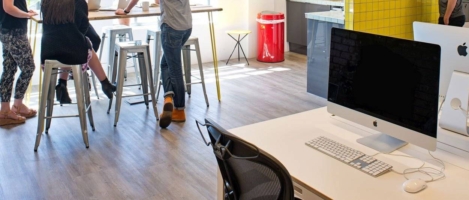November 13, 2015
Remote workers endure poor communications and working practices 0
 Poor communication and working practices among remote teams is widespread, a new report by the Institute of Leadership & Management (ILM) claims. Organisations are failing to capitalise on the potential for remote working to improve performance and efficiency with 88 percent of remote workers struggling with inconsistent working practices and miscommunication, while 83 percent feel overwhelmed by emails. Although 84 percent of remote workers report improvements to their work-life balance, a lack of team identity can cause isolation and loneliness. The study with over 1,000 remote workers highlighted a range of potential benefits for organisations with a remote or geographically-dispersed workforce, including increased business reach, improved productivity, cost and time savings, and access to a more diverse set of skills and experience.
Poor communication and working practices among remote teams is widespread, a new report by the Institute of Leadership & Management (ILM) claims. Organisations are failing to capitalise on the potential for remote working to improve performance and efficiency with 88 percent of remote workers struggling with inconsistent working practices and miscommunication, while 83 percent feel overwhelmed by emails. Although 84 percent of remote workers report improvements to their work-life balance, a lack of team identity can cause isolation and loneliness. The study with over 1,000 remote workers highlighted a range of potential benefits for organisations with a remote or geographically-dispersed workforce, including increased business reach, improved productivity, cost and time savings, and access to a more diverse set of skills and experience.


































October 27, 2015
Seven ways your choice of new office may boost business performance 0
by Darren Bilsborough • Comment, Facilities management, Property
(more…)